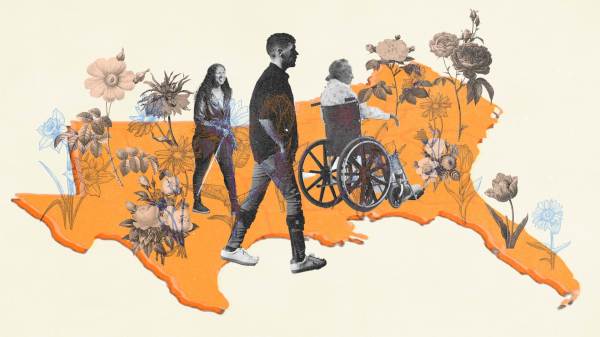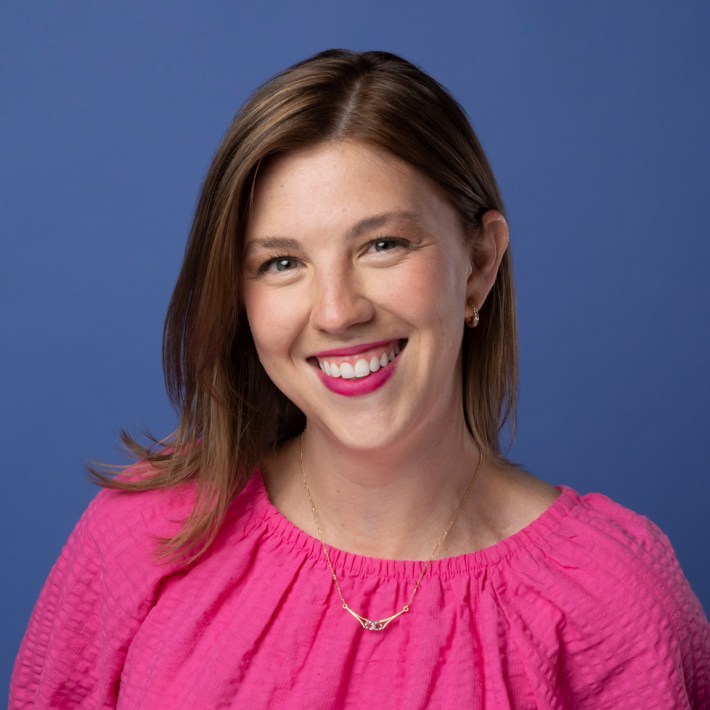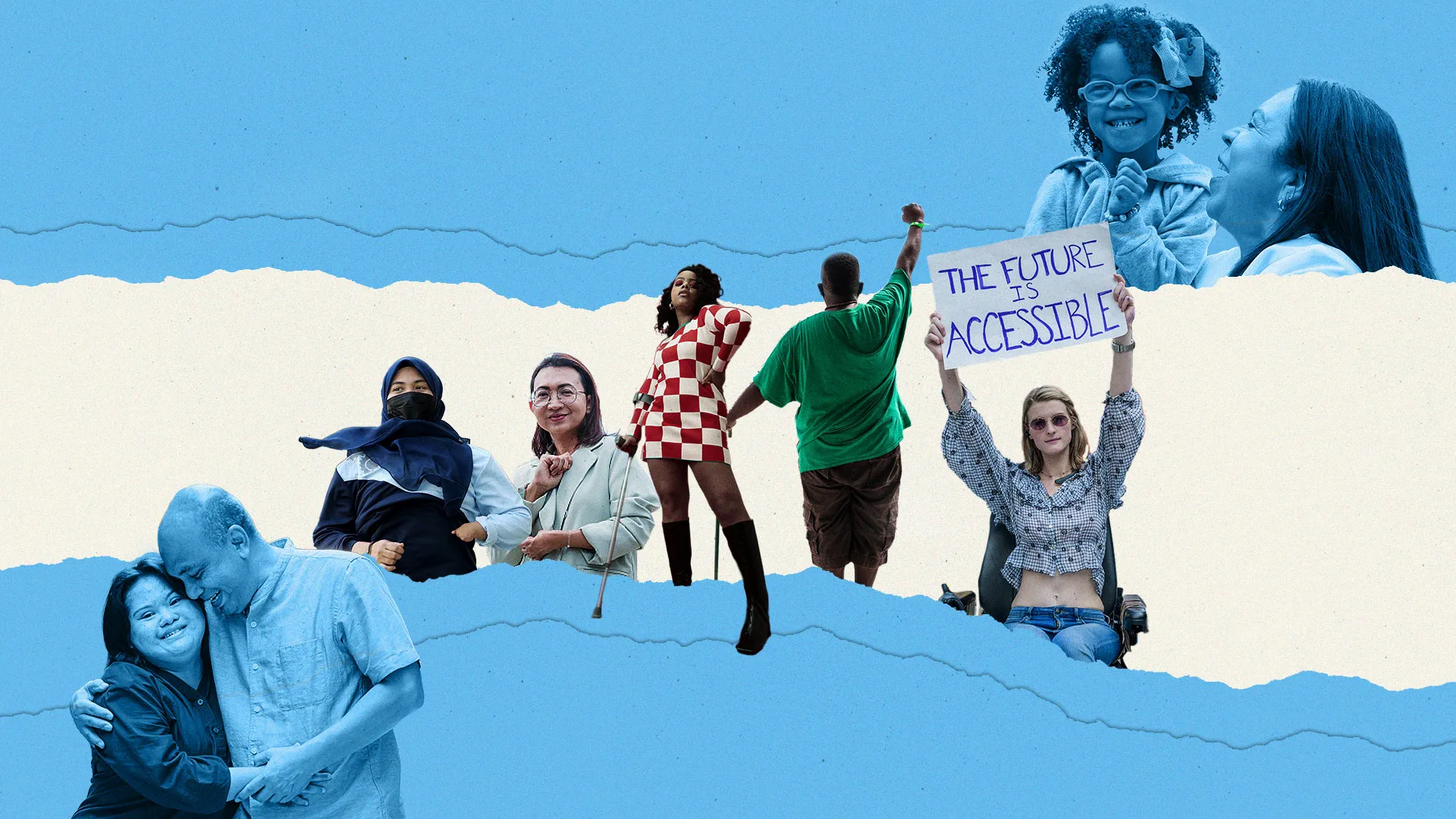As part of our commitment to challenging inequality and advancing social justice, Ford is committed to advancing the rights and priorities of people with disabilities around the world. These ongoing efforts tie into our broader commitment to diversity, equity and inclusion, and we’re committed to learning every step of the way.
In keeping with the disability movement motto, “Nothing about us without us,” we work to combat ableism and increase participation and inclusion in both our grantmaking and organizing efforts. This includes:
Analyze inequalities through the lens of disability to ensure our grantmaking reflects the experiences of people with disabilities. Every office and program team is engaged in disability grantmaking, either through disability-specific projects or by including the disability community in our broader social justice and human rights funding. Launched the Foundation’s first U.S. Disability Rights Program with input from nearly 200 disability leaders. Made our grantmaking systems and processes more accessible (i.e., ensuring accessible proposal platforms and alternative document formats, allowing additional time and financial support for accommodations). Ensure our buildings and events meet or exceed all accessibility standards. Expand and improve the accessibility of our digital platforms to meet Global Web Content Standards. Develop best practices for event accessibility, including pre-event access guides, accommodations during events (CART, ASL, closed captioning), and captioned videos after events. Review our hiring processes, from how we create job listings to job ads to how we train managers, to be disability inclusive and disability responsive.
We still have work to do and are committed to deepening our understanding. We are also grateful for the guidance, ideas, and partnerships of our grantees, community members, and advisors.
Select a resource
Disability Inclusion Menu: Various ways donors can consider and strengthen disability inclusion in their grantmaking, operations, and organizational culture.
Social Media Accessibility Guide from the New York City Mayor’s Office for People with Disabilities: A guide to making social media more accessible through language and detailed image descriptions.
Introduction to web accessibility: A guide to designing and developing websites, tools, and technologies that are more accessible to people with disabilities.
If you’re a funder and would like to learn more, please visit the Disability & Philanthropy Forum, an online resource for peer learning, resource sharing, and funding that promotes disability inclusion. Note: this is an online community for funders and requires a login. Requests are typically approved within 48 hours.
Further information on the rights of persons with disabilities

Disability Rights Program Staff

Michaela Allen
Program Assistant, American Disability Rights Association, New York, USA
Source link

